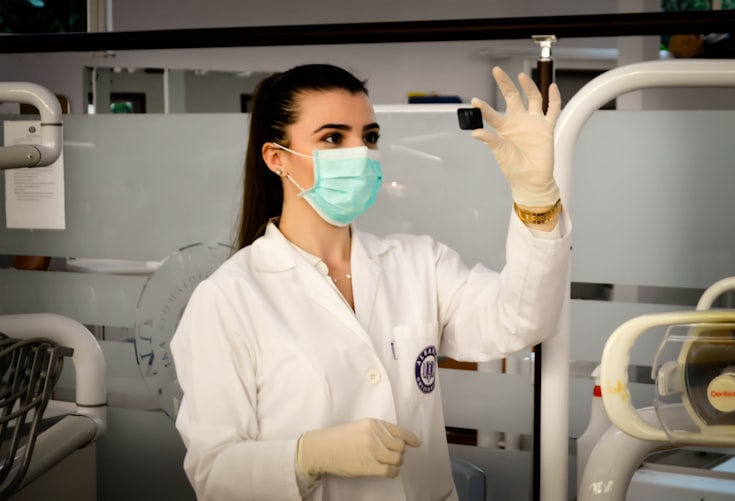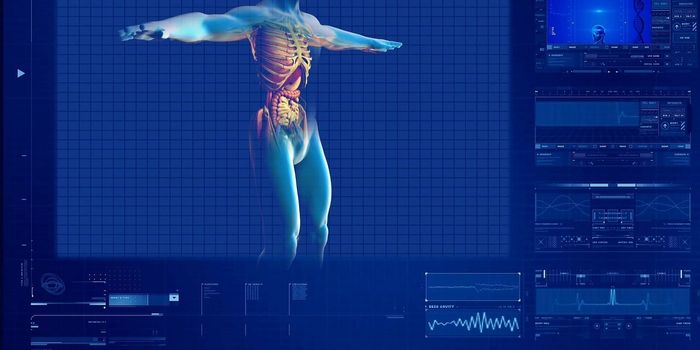Blood Incubation Using Laser Technology
The world’s first ever blood incubator was developed using laser technology and could someday prevent fatal blood transfusions in critically ill patients and can detect antibodies in pregnant women that can kill a fetus. The development comes from a partnership between BioPRIA, based at Australia's Monash University and with industry partner Haemokinesis.
Findings of the study were published in Nature's Scientific Reports and could potentially bring pre-transfusion testing out of the pathology lab to patient care as soon as possible by slashing blood incubation time to just 40 seconds in comparison to the gold standard of five minutes. The breakthrough technology also holds the potential to improve pre-transfusion testing globally particularly in casualties involving mass trauma.
Current incubation technology relies on slow thermal procedures often for up to 15 minutes. The delay increases pathology costs and turnaround time that substantially affects a patient's chance of survival. Now, the laser incubation model aims to solve this issue where a targeted illumination of a blood-antibody sample placed in a diagnostic gel card is converted into heat through photothermal absorption. The laser heats 75L of blood-antibody sample to 37°C in under 30 seconds and if heating occurs up to 15 minutes, no damage is seen to the cells or antibodies.
"Laser incubation can be extremely valuable when time and accuracy is vital, especially in critical and emergency settings -- like mass trauma -- where pre-transfusion testing needs to be performed quickly in order to save lives," explains Dr. Clare Manderson said from the Bioresource Processing Institute of Australia (BioPRIA). "We show that red blood cells act as photothermal agents under near-infrared laser incubation, triggering rapid antigen-antibody binding with no significant damage to the cells or antibodies for up to 15 minutes. This study demonstrates laser-incubated immunohaematological testing to be both faster and more sensitive than current best practice, with clearly positive results seen from incubations of just 40 seconds."
Learn more about blood processing methods:
"Giving blood transfusions to people isn't as simple as giving O-negative to anybody. The 'universal donor' of O-negative blood can seriously harm a lot of people, even kill them. The world of pre-transfusion of blood group typing is huge, and it's really important that it's done quickly and accurately to help save lives," Dr Manderson said. "For the patient, it can mean that if there's a critical blood-loss scenario and they're in desperate need of a transfusion, they need to have their blood group typed and antibody screened as quickly as possible. We're aiming to bring that down to seconds instead of tens of minutes."
Source: Science Daily









